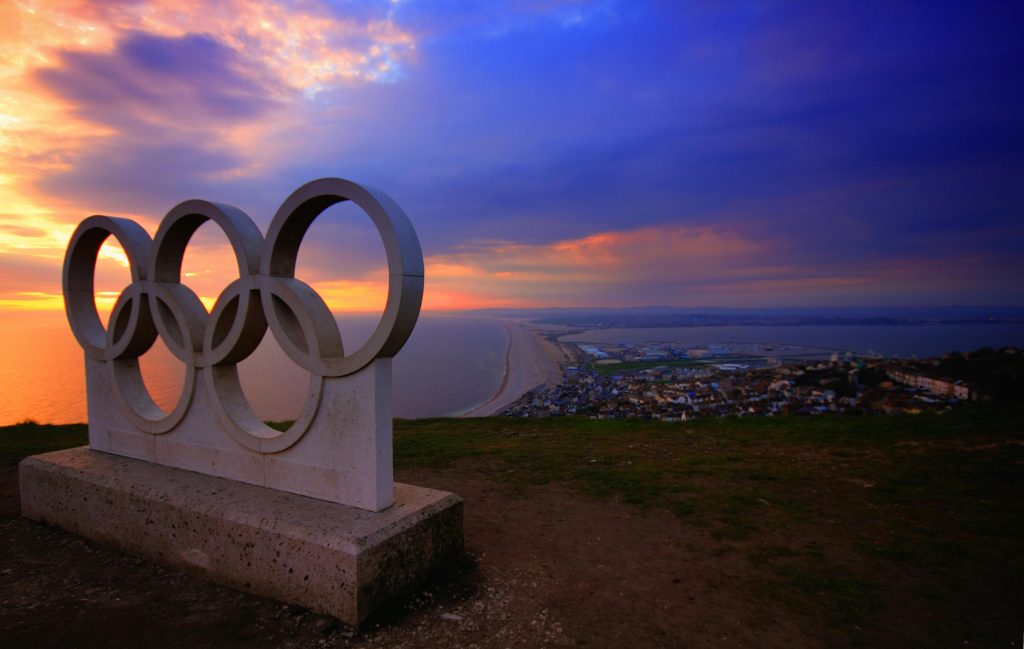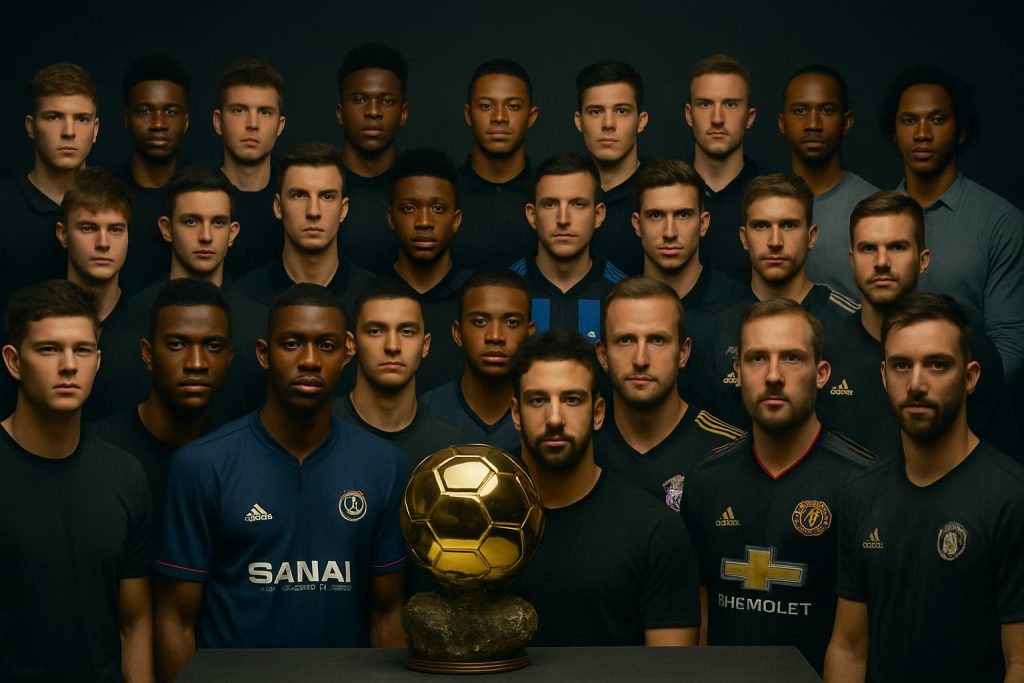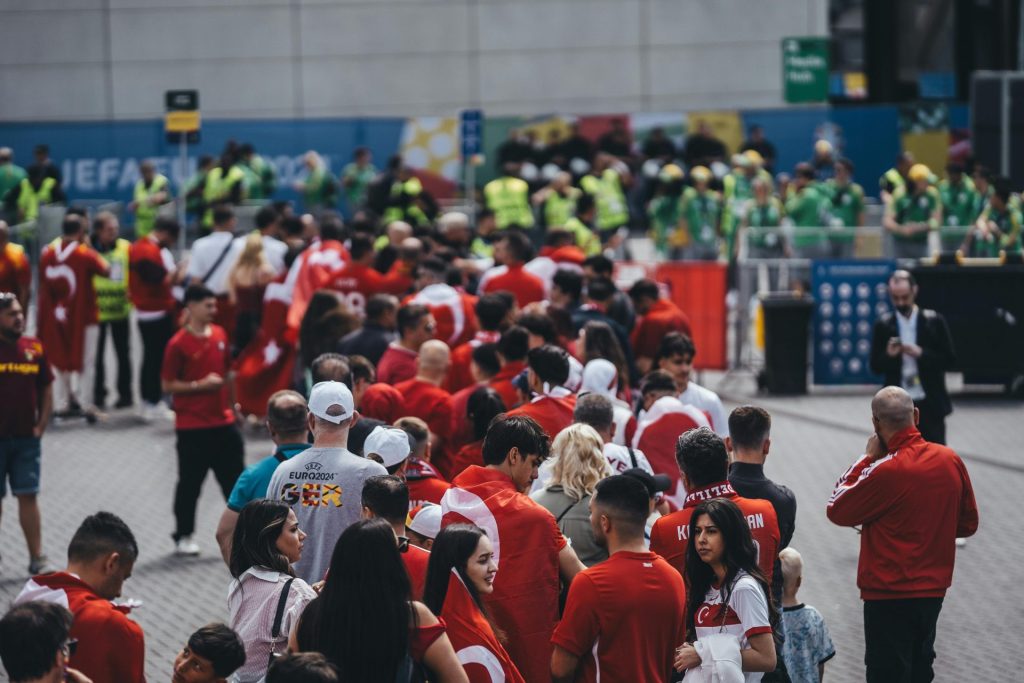Early Years and First Success (1920-1960)
Spain’s participation in Olympic football began in 1920 during the Antwerp Games. This tournament was one of the first international football competitions Spain entered, and the team immediately made an impression by winning the silver medal. Spain reached the final after victories over Denmark, Sweden, and Italy, but ultimately lost to Belgium.
In the following decades, Spain continued to participate regularly in the Olympic Games, although success in football was not always consistent. The national team often failed to qualify for the Games or was eliminated early. The performances were variable, and Spain did not win another medal during this period.
Return to Success (1960-1992)
It wasn’t until the 1960 Rome Olympics that Spain once again made a strong impression in Olympic football. Although the team only reached the quarterfinals, it showed potential for future success. This potential was realized in the 1990s.
The 1992 Summer Olympics in Barcelona marked a turning point for the Spanish Olympic football team. As the host nation, there was significant pressure on Spain to perform well. The squad, consisting of future stars like Josep Guardiola and Luis Enrique, met expectations by winning the gold medal. Spain defeated Poland 3-2 in a thrilling final, securing its first Olympic title in football.
Modern Era and New Generation (2000-2021)
Following the success in 1992, Spain remained competitive on the international stage. At the Sydney 2000 Olympics, Spain won a silver medal. The team, coached by Iñaki Sáez, lost to Cameroon in the final after a penalty shootout. This tournament once again highlighted the depth and quality of Spanish football.
In subsequent years, Spain struggled to replicate the same level of success. The team failed to qualify for the 2004 and 2008 Olympics. However, a resurgence came during the 2012 London Olympics. Although the team did not progress beyond the group stage, the participation of players like Juan Mata and Jordi Alba indicated a promising future.
Recent Achievements and Future Prospects (2021-Present)
Spain’s Olympic football journey saw a notable chapter during the Tokyo 2020 Olympics, held in 2021 due to the COVID-19 pandemic. The team, featuring young talents like Pedri and Dani Olmo, reached the final but lost to Brazil in a hard-fought match, securing a silver medal. This performance underscored the continued prominence of Spain in international football and the promise of its new generation of players.
In the Tokyo Olympics, Spain showcased a blend of youth and experience, with players such as Marco Asensio and Mikel Oyarzabal providing leadership and skill. The journey to the final included impressive victories and a resilient display of tactical acumen. The silver medal was a significant achievement, highlighting the potential of the squad and the strength of Spain’s footballing infrastructure.
Looking Ahead: Building on a Strong Foundation
Spain’s success in recent Olympics is built on a robust youth development system that has produced world-class talents consistently. The Spanish football federation (RFEF) has invested heavily in youth academies and training facilities, ensuring that the pipeline of talented players remains strong. The emphasis on technical skills, tactical intelligence, and physical conditioning has created a new generation of players capable of competing at the highest levels.
As Spain looks to future Olympic Games, several factors will be critical to sustaining and building upon its success:
- Youth Development: Continued investment in youth academies and scouting networks to identify and nurture young talents. Programs like La Masia (FC Barcelona’s youth academy) and Real Madrid’s La Fábrica play a crucial role in this aspect.
- International Experience: Ensuring that young players gain experience in international competitions, both at junior levels (U-17, U-20) and in senior teams, to prepare them for the pressure and intensity of the Olympics.
- Integration with Senior Team: Coordinating the Olympic team’s strategies and training with the senior national team to ensure a smooth transition for players moving between different levels of competition.
- Advanced Coaching Techniques: Implementing the latest coaching methodologies and technologies to enhance player performance, including sports science, analytics, and mental conditioning.
Conclusion
Spain’s history in Olympic football reflects a journey of early promise, periods of struggle, and significant triumphs. From winning the silver medal in 1920 to the golden victory in 1992 and the recent silver in Tokyo, Spain has shown resilience and excellence. The nation’s commitment to youth development, innovative coaching, and strategic planning positions it well for future successes. As Spain continues to nurture its young talents and integrate them into the international stage, the prospect of achieving further Olympic glory remains bright.
- The 2025 Ballon d’Or: A New Era of Football Greatness - October 3, 2025
- Ballon d’Or 2025: Meet the 30 Men’s Nominees - August 7, 2025
- World Cup Qualifiers Explained – How Each Continent Competes for a Spot at the World Cup - June 10, 2025



